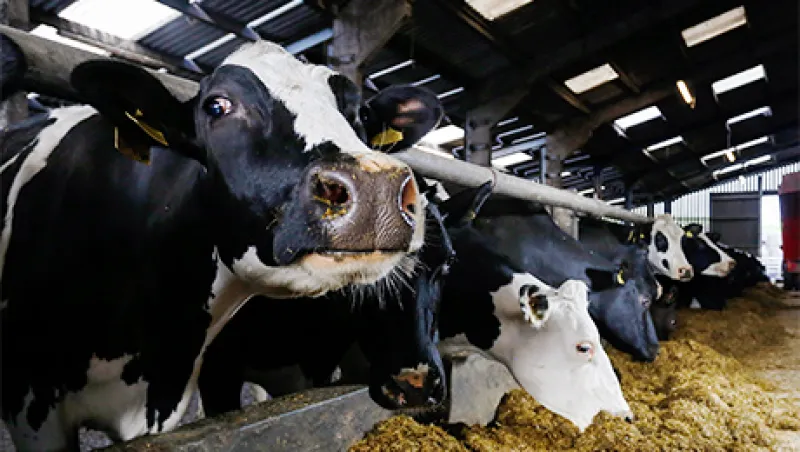
National Milk Records Plans to Leave Pension Fund
The company wants to withdraw from the U.K.’s Milk Pension Fund because costs are restricting its ability to attract investment.
Joe McGrath
June 1, 2017



